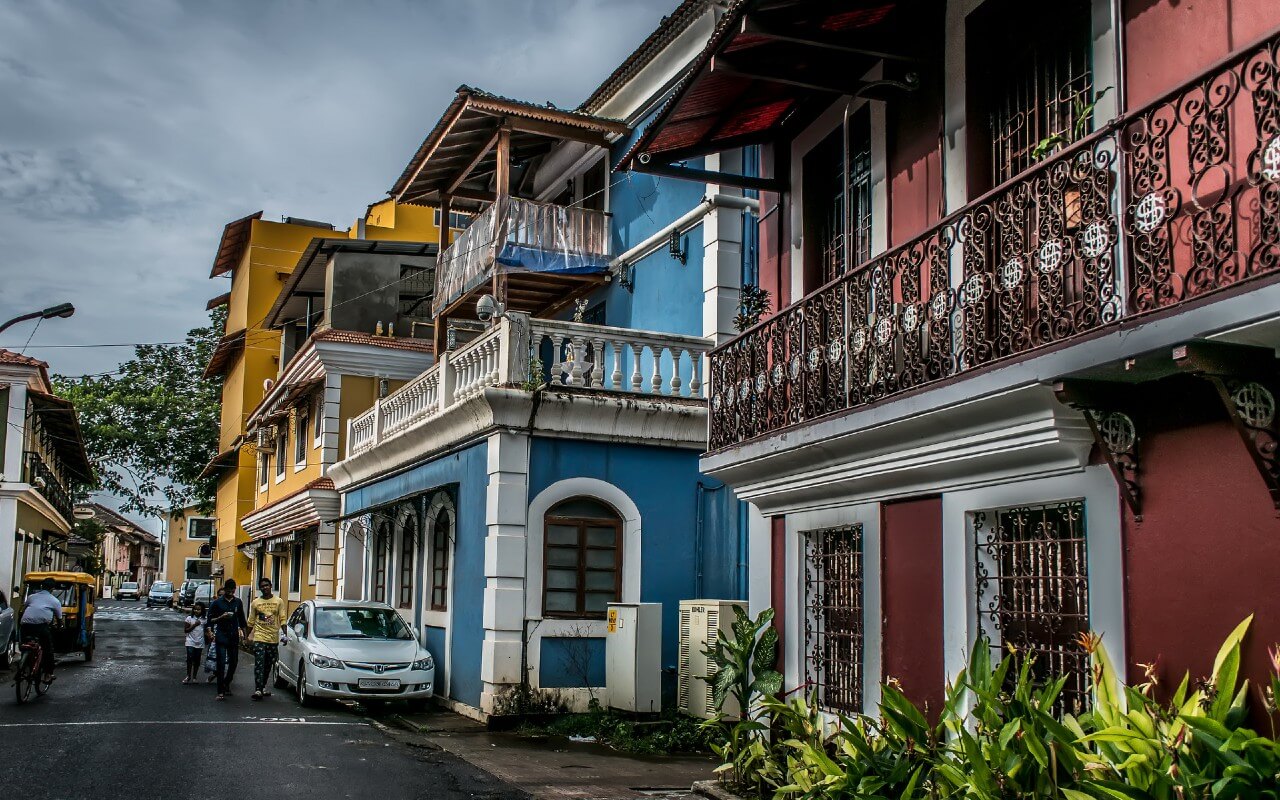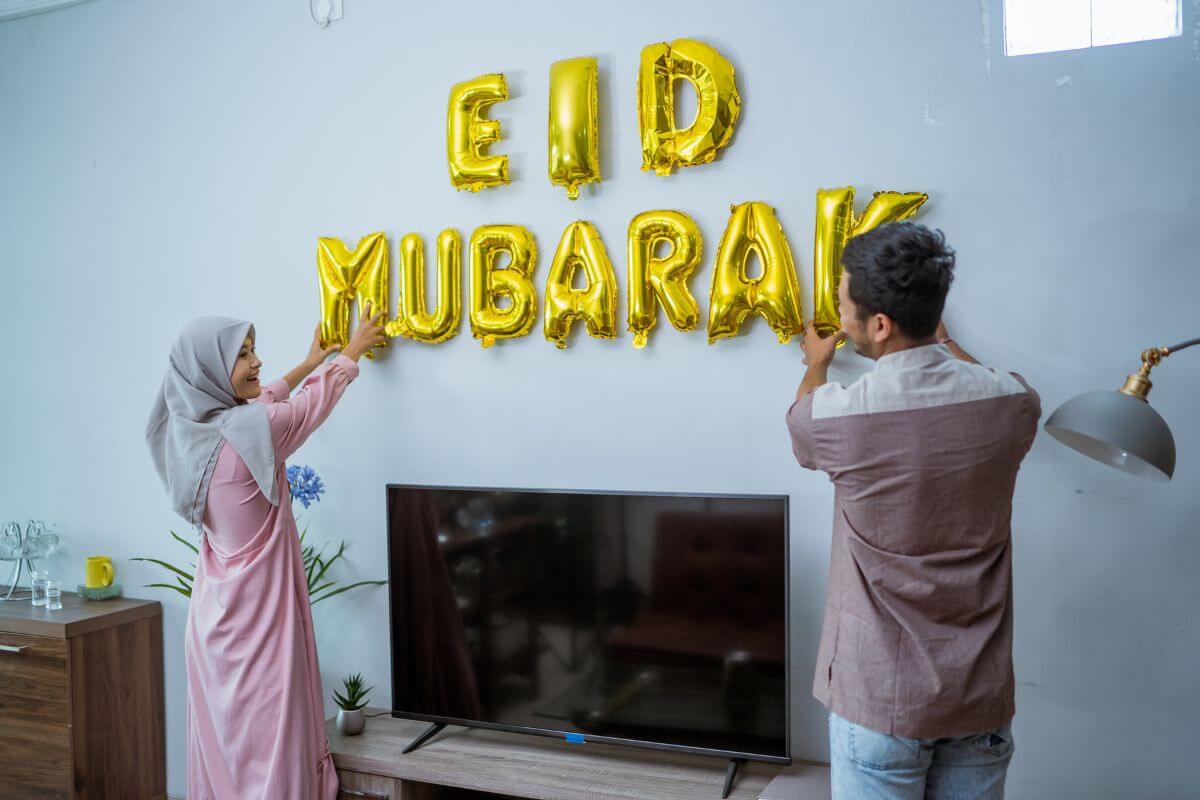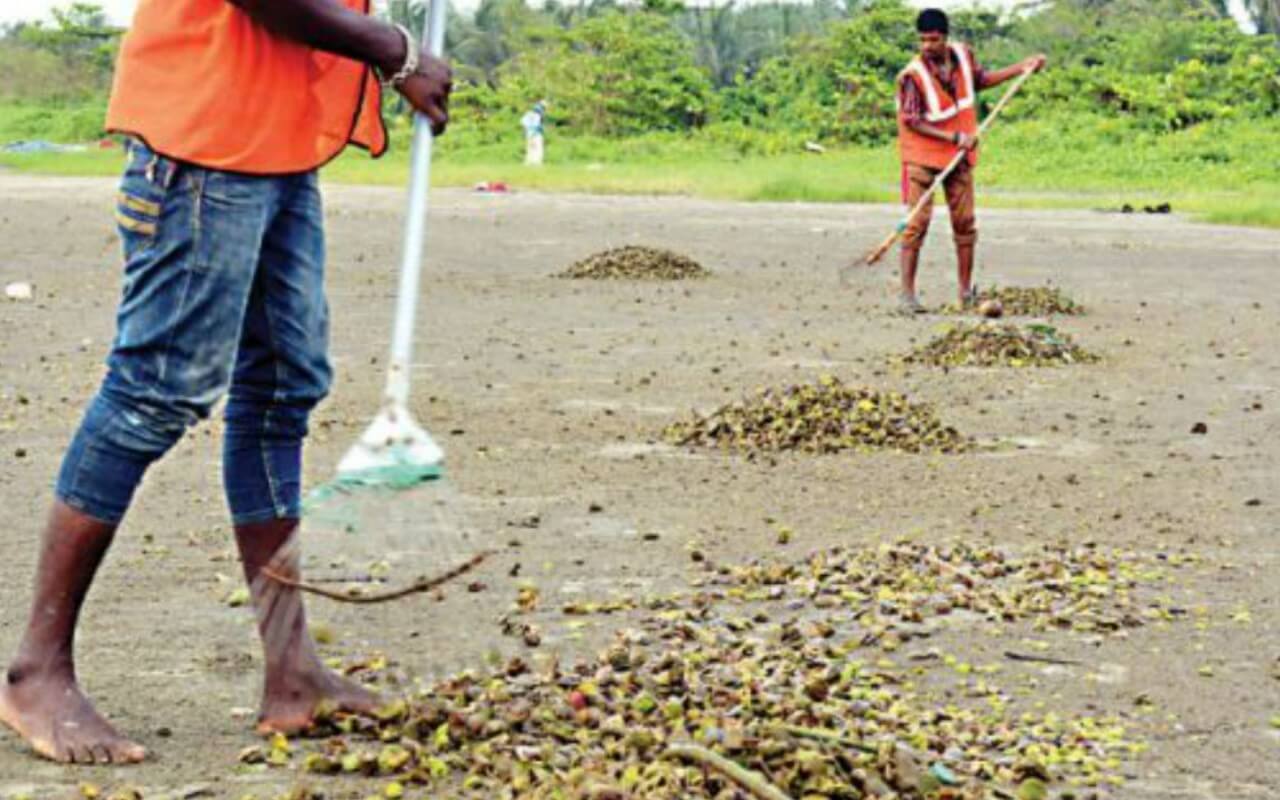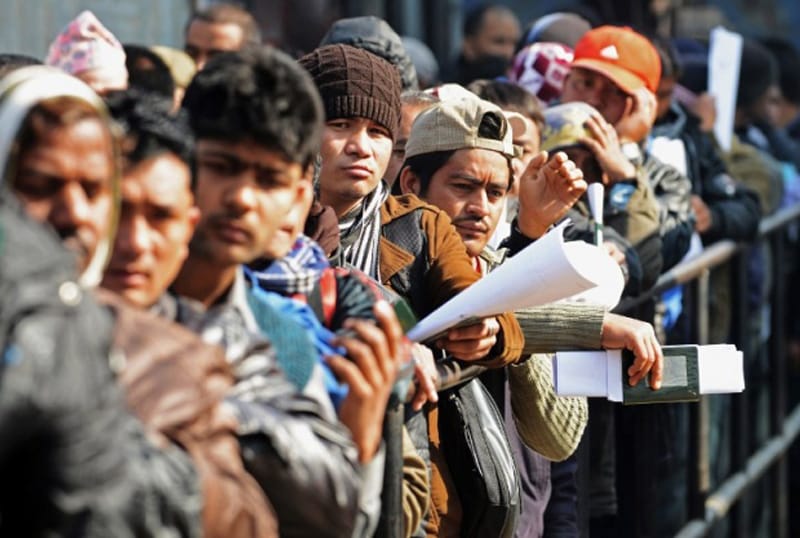In the year 2020, British media published some articles that portrayed Goans as opportunists who abused the EU immigration system by illegally entering the UK through Portugal. This made most of the people to wonder about the origins of the connection between Goans and Colonial Services especially why Colonial Britain chose to recruit Goans?
Goa was Portugal’s first territorial possession in Asia, captured by Afonso de Albuquerque in 1510, and it served as the main Portuguese base in the East for four and a half centuries. Albuquerque had intended Goa to be a colony and a naval base, as distinct from the fortified factories which had been established in certain Indian seaports. He encouraged his men to marry indigenous women and to settle in Goa as farmers, retail traders, or artisans. These men and their descendants soon became a privileged caste, and Goa acquired a large Eurasian population.
Albuquerque had intended Goa to be a colony and a naval base, as distinct from the fortified factories which had been established in certain Indian seaports. He encouraged his men to marry indigenous women and to settle in Goa as farmers, retail traders, or artisans.
The appearance of the Dutch in Indian waters was followed by the gradual ruin of Goa and the decline of Portuguese influence in India. In 1603 and 1639 Goa was blockaded by Dutch fleets, though never captured, and in 1635 it was ravaged by an epidemic. Trade in Portuguese India was gradually monopolized by the Jesuits, and chroniclers throughout the late 17th century described the ever-increasing poverty and decay in areas under Portuguese control.
Four and a half centuries of intermarriage and the influence of the Roman Catholic Church had produced a distinctive racial, cultural, religious, and linguistic group, especially in Old Goa itself.
With the end of the British rule in India in 1947, and the quiet handing over of former French settlements in 1949–54, there was a natural desire by the nascent Republic of India to absorb the Portuguese territories as well. The position of the Portuguese territories, however, was somewhat different. Four and a half centuries of intermarriage and the influence of the Roman Catholic Church had produced a distinctive racial, cultural, religious, and linguistic group, especially in Old Goa itself.
During the early days of colonization, Portugal recruited Goans for different low salary part time jobs such as seamen apprentices, cooks, helpers. During the 17th century, Goans started to migrate to Portuguese colonies along the East African Coast specially parts like Lourenco Marques and Beira in Mozambique. Later when these areas became British colonies the Goans who migrated were given special settlements.
The British who were not able to find them in their own troops began recruiting Goans for a much lower remuneration. Also the British were well satisfied with loyalty and the hard working nature of the fellow Goans recruited.
The British slowly began to understand the importance of having an efficient and reliable administrative support staff in their colonies. The British who were not able to find them in their own troops began recruiting Goans for a much lower remuneration. Also the British were well satisfied with loyalty and the hard working nature of the fellow Goans recruited.
The British experienced significant exposure to Goan culture when England occupied Goa in 1799 as part of the Metheun Treaty of 1703 . As the British became increasingly familiar with Goans, the rulers began to appreciate their tolerant, contended, relaxed lifestyle, education and work skills.
The clergy also taught Goans to play western musical instruments and sing in church choirs. Meanwhile Goans also developed skills in European cuisine including vegetarian and non vegetarian dishes and baking.
With the passing of time, priests and nuns in the Old Conquest of Goa began establishing private schools in every parish which provided students, teachings of all religions and other subjects including maths, science and Latin. The clergy also taught Goans to play western musical instruments and sing in church choirs. Meanwhile Goans also developed skills in European cuisine including vegetarian and non vegetarian dishes and baking.
All these factors added to the list as to why the British should recruit Goans. In short, Goans were well positioned to be employed by the British in India as well as in their overseas colonies.


























